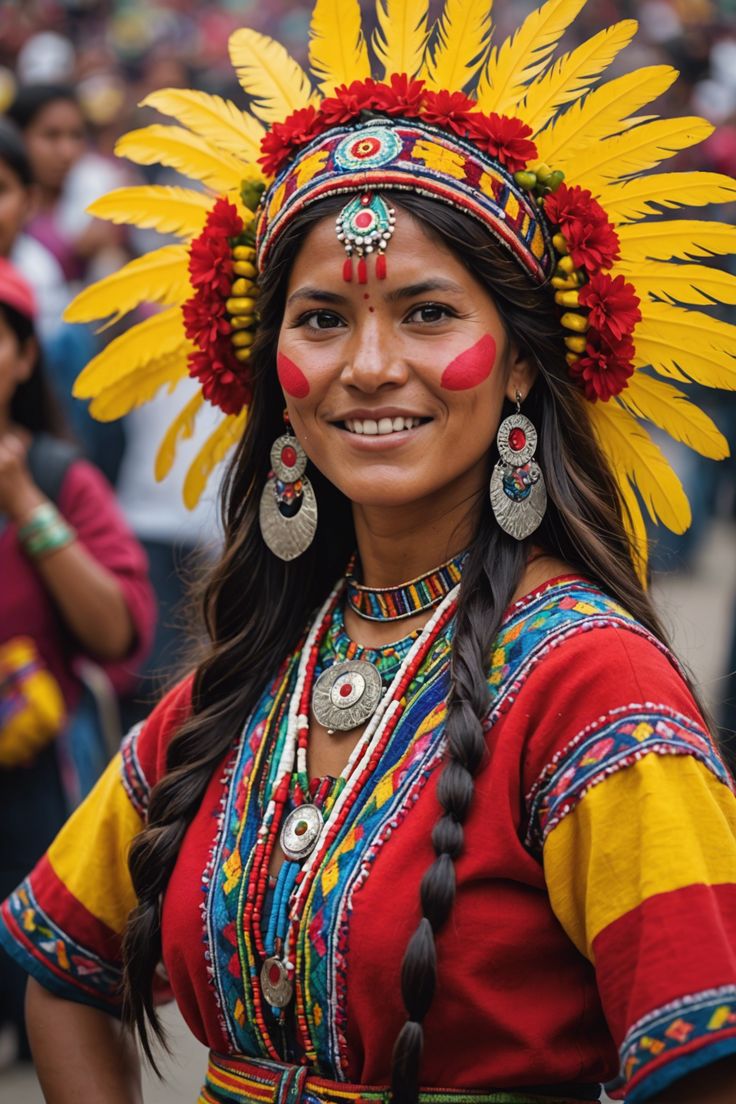Cultural Festivals: Celebrating Diversity and Unity
Cultural festivals are more than just celebrations—they are vibrant expressions of history, traditions, and shared values. Across the globe, these events offer a glimpse into the soul of a community, fostering unity, joy, and cultural preservation.
Let’s dive into the world of cultural festivals, exploring their history, impacts, significance, and why they hold a special place in society.
What Are?
These are events organized to celebrate a particular heritage, tradition, or set of values. They often include music, dance, food, rituals, and art forms that highlight the unique aspects of a culture. These festivals range from local celebrations to internationally renowned events.
A Brief History
- Ancient Beginnings:
Festivals have existed for millennia, often tied to religious observances or seasonal changes. Ancient Greeks celebrated festivals like the Olympics, while Egyptians honored gods through elaborate ceremonies. - Evolution Through Trade and Colonization:
As civilizations interacted, festivals evolved, incorporating elements from different cultures and expanding their reach. - Modern Era:
Today, cultural festivals serve as platforms to showcase heritage and foster cross-cultural understanding, often attracting global audiences.
7 Fascinating Around the World
- Carnival in Brazil:
Known for its electrifying samba parades, Carnival is a pre-Lenten festival filled with music, dance, and vibrant costumes, attracting millions of tourists each year. - Diwali in India:
The Festival of Lights symbolizes the triumph of good over evil. Celebrated with lamps, fireworks, and prayers, Diwali is a time for family reunions and new beginnings. - Oktoberfest in Germany:
This iconic beer festival in Munich is a celebration of Bavarian culture, featuring traditional costumes, music, and, of course, beer! - Chinese New Year:
Marking the beginning of the lunar calendar, this festival is celebrated with dragon dances, family feasts, and the giving of red envelopes for good luck. - Mardi Gras in New Orleans:
Known for its colorful parades and festive spirit, Mardi Gras is deeply rooted in French Catholic traditions and is celebrated with beads, masks, and music. - Day of the Dead in Mexico:
This unique celebration honors deceased loved ones with altars, marigolds, and offerings, blending indigenous and Catholic traditions. - Edinburgh Festival Fringe in Scotland:
The world’s largest arts festival showcases performances in theater, comedy, and music, highlighting creativity and innovation.
Daily Life Impacts
It’s enrich daily life in numerous ways:
- Community Bonding: They bring people together, fostering a sense of unity and shared identity.
- Economic Growth: Festivals boost local economies by attracting tourists and creating jobs.
- Preservation of Traditions: They serve as living museums, passing down rituals and customs to future generations.
- Emotional Well-being: Participating in festivals enhances joy and reduces stress.
- Cultural Exchange: Festivals promote understanding and appreciation among diverse communities.
Interesting Facts
- The Rio Carnival is the largest festival in the world, with over 2 million people on the streets daily.
- Diwali is celebrated by over a billion people worldwide.
- The first Oktoberfest was held in 1810 to celebrate a royal wedding.
- Chinese New Year festivities last for 15 days, ending with the Lantern Festival.
- Mardi Gras dates back to French Catholic traditions brought to Louisiana in the 17th century.
Significance
These are significant for several reasons:
- Cultural Identity: They affirm a community’s unique heritage and traditions.
- Social Connection: Festivals strengthen bonds among individuals and groups.
- Tourism and Economy: They attract visitors, generating revenue and employment.
- Education: Festivals educate participants and spectators about diverse cultures and histories.
FAQs
1. Why are cultural festivals important?
Cultural festivals preserve traditions, strengthen communities, and promote joy and cultural understanding.
2. How do festivals impact the economy?
Festivals boost local economies through tourism, creating jobs and revenue for businesses.
3. What is the role of food in cultural festivals?
Food showcases a culture’s culinary heritage, often serving as a central element of celebration and connection.
4. Can cultural festivals promote sustainability?
Yes, many festivals now focus on eco-friendly practices, reducing waste and promoting local products.
5. Are festivals always religious?
No, while some have religious origins, others celebrate art, music, history, or seasons.
Why Matter to Society
Cultural festivals are essential for preserving history, promoting understanding, and fostering a sense of belonging. They celebrate the human spirit and the diverse ways people express joy, gratitude, and creativity.
Wishing Joy
As we participate in cultural festivals, let us celebrate the shared humanity that binds us all. Whether through vibrant dances, heartfelt prayers, or shared meals, these moments remind us of life’s beauty and diversity.
May every cultural festival you experience fill your heart with joy, your mind with understanding, and your life with lasting memories.










